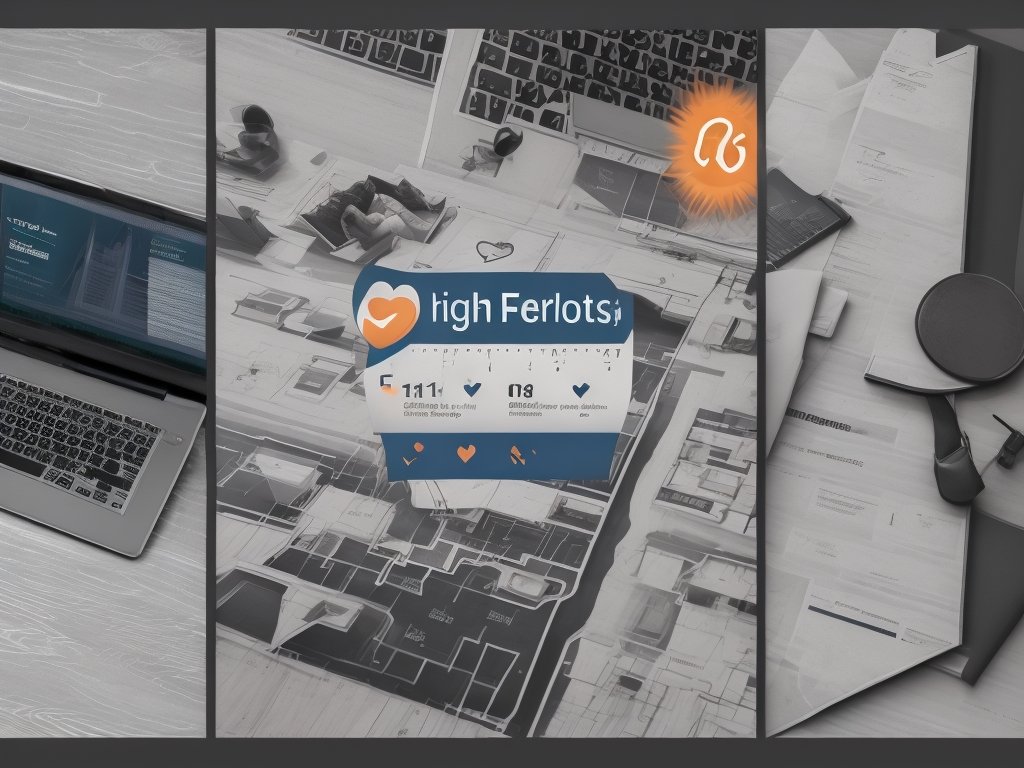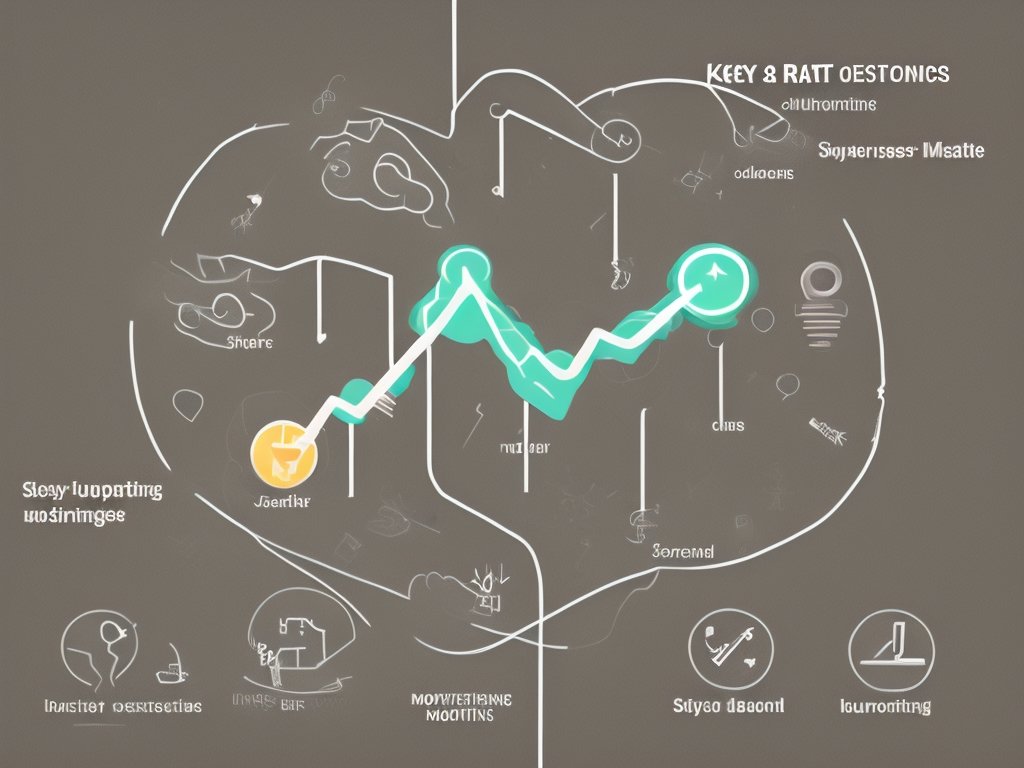
Staying on top of your heart health is crucial, especially as you get older. While the idea of monitoring your heart rate may seem daunting, it’s an essential tool for maintaining your overall well-being. By understanding the importance of heart rate tracking and learning how to choose the right monitor, you can take an active role in managing your cardiovascular fitness at any age.
| Key Benefits of Heart Rate Monitoring for Seniors | Metrics to Track |
|---|---|
| – Detect irregular heart rhythms or other potential issues – Optimize exercise intensity for better cardiovascular health – Provide valuable data to share with your healthcare provider |
– Resting heart rate – Heart rate during activity – Heart rate variability |
Monitoring your heart rate allows you to gain valuable insights into your cardiovascular health and fitness level. By tracking your resting heart rate and heart rate during physical activity, you can identify patterns and potential irregularities that may require further attention from your healthcare provider. This data can be especially useful for seniors who want to maintain an active and healthy lifestyle.
What is Heart Rate Monitoring?
Heart rate monitoring is the process of measuring the number of times your heart beats per minute. This metric provides important information about your cardiovascular function and overall health. By regularly tracking your heart rate, you can gain a better understanding of how your body responds to various activities, stressors, and changes in your daily routine.
The Importance of Tracking Heart Health in Seniors
As we age, it becomes increasingly important to monitor our heart health. Seniors are at a higher risk of developing various cardiovascular conditions, such as heart disease, arrhythmias, and high blood pressure. Regular heart rate monitoring can help identify these issues early on, allowing you to work closely with your healthcare provider to manage your condition and maintain a healthy lifestyle.
Common Concerns About Heart Rate Monitoring
Some seniors may be hesitant to start monitoring their heart rate, often due to concerns about the complexity of the process or the cost of the necessary equipment. However, modern heart rate monitors are designed to be user-friendly and accessible, with a wide range of affordable options available. Additionally, the benefits of regular heart rate tracking far outweigh the initial investment, as it can provide invaluable insights into your overall health and well-being.
Choosing the Right Heart Rate Monitor
When selecting a heart rate monitor for seniors, it’s essential to consider factors such as ease of use, comfort, and accuracy. Wearable devices, like fitness trackers and smartwatches, offer a convenient way to monitor your heart rate throughout the day, while dedicated heart rate monitors may provide more advanced features and data tracking capabilities.
Understanding Your Resting Heart Rate
Your resting heart rate is the number of times your heart beats per minute when you are at rest. This metric can provide valuable insights into your overall cardiovascular health. A healthy resting heart rate for seniors typically falls between 60 and 100 beats per minute, but the optimal range may vary depending on your individual factors and any underlying health conditions.
Monitoring Heart Rate During Exercise
Tracking your heart rate during physical activity is crucial for maintaining a safe and effective exercise routine. By monitoring your heart rate during exercise, you can ensure that you are working within your target heart rate zone, which can help improve your cardiovascular fitness and overall health.
Identifying Irregular Heart Rhythms
One of the key benefits of regular heart rate monitoring is the ability to identify any irregular heart rhythms, also known as arrhythmias. These abnormalities can be a sign of underlying health issues and should be promptly addressed by your healthcare provider.
Maintaining a Healthy Heart Rate as You Age
As you grow older, it’s important to maintain a healthy heart rate to support your overall cardiovascular health. This may involve adjusting your exercise routine, managing stress levels, and making lifestyle changes to support a healthy heart.

Integrating Heart Rate Data into Your Wellness Routine
By regularly tracking your heart rate, you can gain valuable insights into your overall health and fitness level. This data can be integrated into your wellness routine, helping you make informed decisions about your exercise, nutrition, and lifestyle choices.
Consulting Your Healthcare Provider
While heart rate monitoring can provide valuable information, it’s essential to work closely with your healthcare provider to interpret the data and ensure that any concerns are properly addressed. Your doctor can help you understand your heart rate patterns, identify any potential issues, and develop a personalized plan to maintain your cardiovascular health.
Addressing Barriers to Regular Monitoring
Some seniors may face barriers to regular heart rate monitoring, such as financial constraints or technological challenges. However, there are various resources and support systems available to help overcome these obstacles and make heart health tracking more accessible.
Staying Active and Engaged at Any Age
Maintaining an active lifestyle and engaging in regular physical activity are crucial for supporting your cardiovascular health as you age. By incorporating heart rate monitoring into your wellness routine, you can ensure that you are exercising at the right intensity to optimize your overall health and well-being.
Conclusion
Monitoring your heart rate is an essential tool for maintaining your cardiovascular health as you grow older. By understanding the importance of regular heart rate tracking, choosing the right heart rate monitor, and integrating this data into your wellness routine, you can take an active role in managing your health and staying fit at any age.
Frequently Asked Questions
What are the benefits of heart rate monitoring for seniors?
Heart rate monitoring for seniors can provide valuable insights into cardiovascular health, help detect potential issues like irregular heart rhythms, and allow for optimization of exercise routines to support overall fitness and well-being.
How do I choose the best heart rate monitor for my needs?
When selecting a heart rate monitor, consider factors like ease of use, comfort, accuracy, and the specific features that align with your health and fitness goals. Wearable devices and dedicated heart rate monitors offer different capabilities to suit various needs.
How often should I monitor my heart rate?
The frequency of heart rate monitoring can vary depending on your individual health status and goals. It’s generally recommended to track your resting heart rate regularly, as well as during physical activity, to establish a baseline and identify any concerning changes over time.

